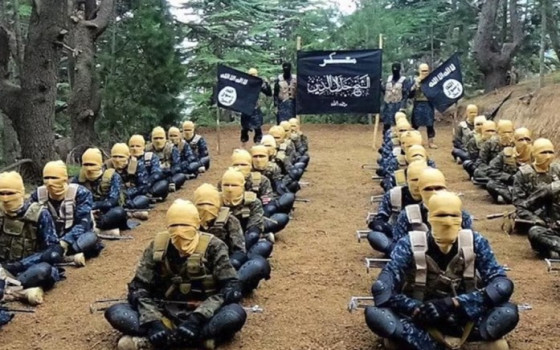
UN Counter-Terrorism Office: Volatile situation in Syria raises concern, ISIS still poses threat, also in Afghanistan and Africa

- Europe and Arabs
- Tuesday , 11 February 2025 9:7 AM GMT
New York - Damascus: Europe and the Arabs
The Under-Secretary-General of the United Nations Office of Counter-Terrorism warned of the ability of ISIS to continue its activities and adapt its modus operandi, despite the tireless efforts to combat terrorism made by member states and international and regional partners.
This came in his briefing to the Security Council yesterday, Monday, regarding the twentieth report of the Secretary-General on the threat posed by ISIS to international peace and security. According to the UN daily news bulletin, a copy of which we received this morning, UN official Vladimir Voronkov said that the volatile situation in Syria "raises great concern", in light of the risk of advanced weapons stockpiles falling into the hands of terrorists. He pointed out that the Syrian Badia region is still used as a center for ISIS's external operational planning and a vital area for its activities.
He warned that this instability affects camps, detention centers and other facilities in the northeast of the country, adding that 42,500 individuals, some of whom have alleged links to ISIS, are still being held. This includes 17,700 Iraqi nationals and 16,200 Syrian nationals, as well as 8,600 nationals from other countries.
He spoke about the pace of repatriation of these people, saying that it had decreased significantly during the reporting period, with only five Member States repatriating more than 760 individuals from Iraq and Syria, and the Government of Iraq repatriating nearly 400 Iraqi children from north-eastern Syria to a rehabilitation centre.
He reiterated the Secretary-General’s call on Member States to facilitate the safe, voluntary and dignified return of their nationals who remain trapped in those camps and facilities.
The threat of ISIS in Afghanistan and Africa
Regarding the situation in other regions, the UN official said that ISIS-K continues to pose a significant threat in Afghanistan, the region and beyond. He reiterated the Secretary-General’s appeal to all Member States to unite to prevent Afghanistan from once again becoming a hotbed of terrorist activities.
Voronkov said that ISIS in sub-Saharan Africa, along with its affiliates, continued to increase their operations and expand their territorial control.
“The situation is extremely worrying in West Africa and the Sahel,” he added, where ISIS affiliates and other terrorist groups have intensified their attacks, including against schools in Burkina Faso, Mali and Niger.
He noted that in East Africa, ISIS in Somalia has successfully recruited foreign terrorist fighters, and the “Al-Karrar office” remains a key financial and coordination hub for ISIS in the region.
He reported that in the Democratic Republic of the Congo, the Allied Democratic Forces group continues its operations despite military operations by Congolese and Ugandan forces. He noted that the group has carried out horrific attacks that have killed more than 300 civilians.
Four priority areas
He spoke of four priority areas to focus on, the first of which is that “as sub-Saharan Africa has become a hub for global terrorism, we have prioritized capacity-building support for the continent. Last year, my Office increased its provision of technical assistance by 16 per cent, drawing in particular on the work of our office in Rabat.” Regarding the second area of focus, Voronkov said that in light of the situation in northeastern Syria, the United Nations continues to advise and support Member States in their efforts to prosecute, rehabilitate and reintegrate individuals associated with terrorist groups.
The UN official added: “Third, we need to strengthen border security to counter the movement of terrorists. Last November, my Office partnered with the governments of Kuwait and Tajikistan within the framework of the Dushanbe Process to organize a high-level conference on strengthening international cooperation and building resilient border security mechanisms.”
The fourth area of focus, according to Voronkov, is to continue supporting Member States in taking advantage of the opportunities provided by new technologies.
He explained that in the Charter for the Future, Member States renewed their commitments to a future free of terrorism and highlighted a whole-of-government and whole-of-society approach to combating terrorism, adding: “Going forward, Member States must translate these commitments into action, prioritizing comprehensive, interconnected and sustainable responses that address the conditions conducive to terrorism and strengthen resilience.” Natalia Gherman, Assistant Secretary-General and Executive Director of the Counter-Terrorism Committee Executive Directorate, briefed the Council that “the challenges posed by ISIL remain complex, with persistent humanitarian, security and governance concerns in all areas affected by its activities.”
She noted that the humanitarian and security crisis in north-eastern Syria remains severe, with more than 40,000 individuals held in camps and detention facilities in overcrowded conditions, with inadequate shelter and limited access to clean water and sanitation.
She further noted that ISIL and other terrorist groups now pose the most significant threat to peace, security and sustainable development across the African continent.
She stated that “addressing the threat from ISIL requires a prevention-focused approach, grounded in respect for human rights, with regional cooperation as the main focus.”
She touched on the efforts undertaken by the Counter-Terrorism Committee, including facilitating civil documentation and reintegrating displaced individuals in the Middle East.
She also noted that tailored initiatives promoted rehabilitation in prisons and focused on community-based social and economic reintegration services, particularly for at-risk adolescents. Gherman reported that to raise awareness among Member States and partners about the evolving threat of terrorist financing, the Counter-Terrorism Executive Directorate published a report in November 2024 highlighting changes in how foreign terrorist fighters finance their activities over the past ten years.


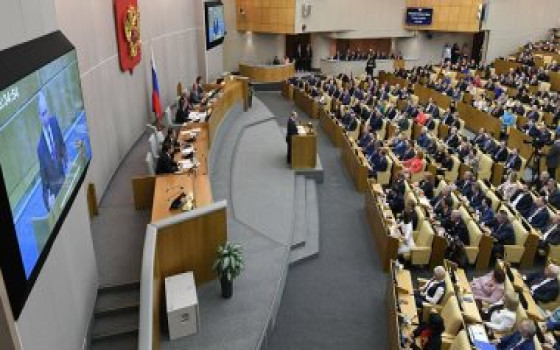
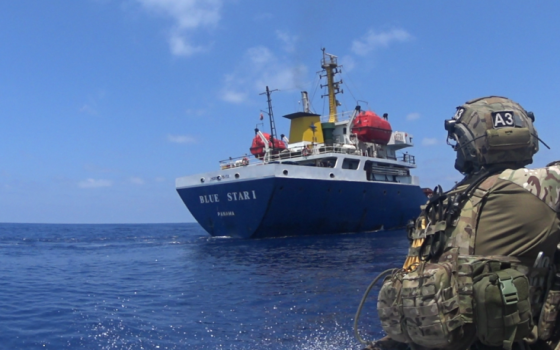
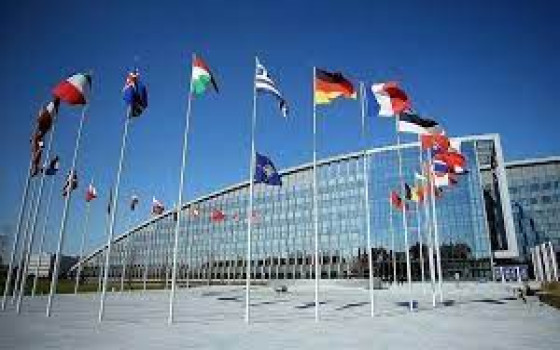
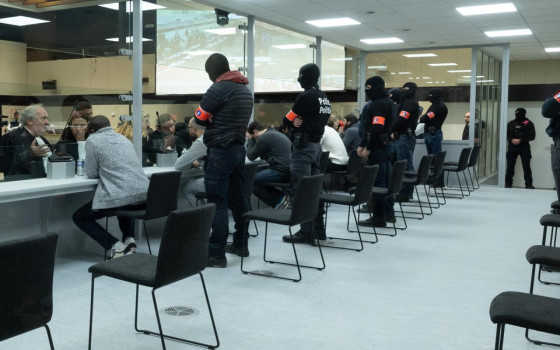
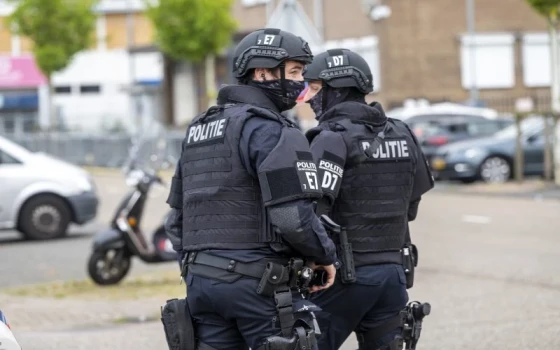
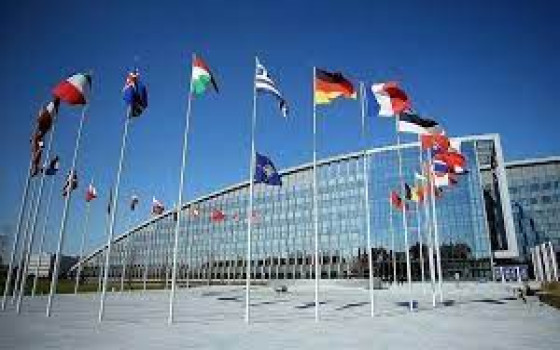
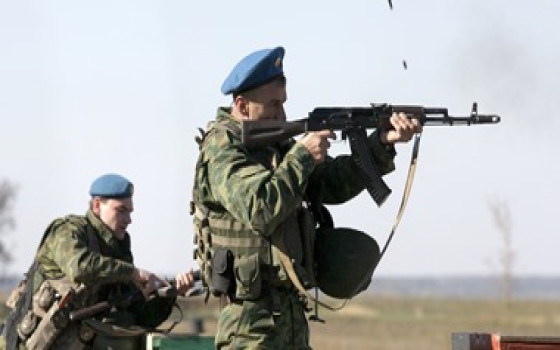
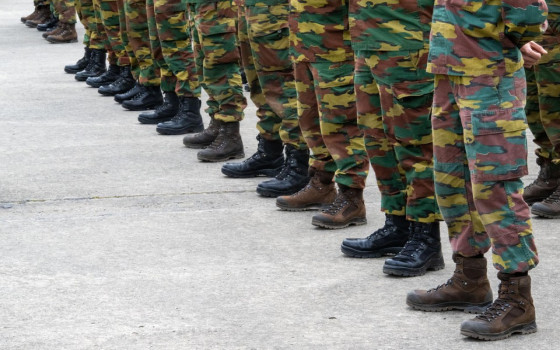

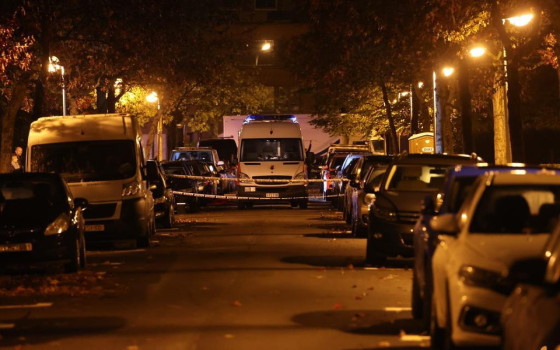
No Comments Found